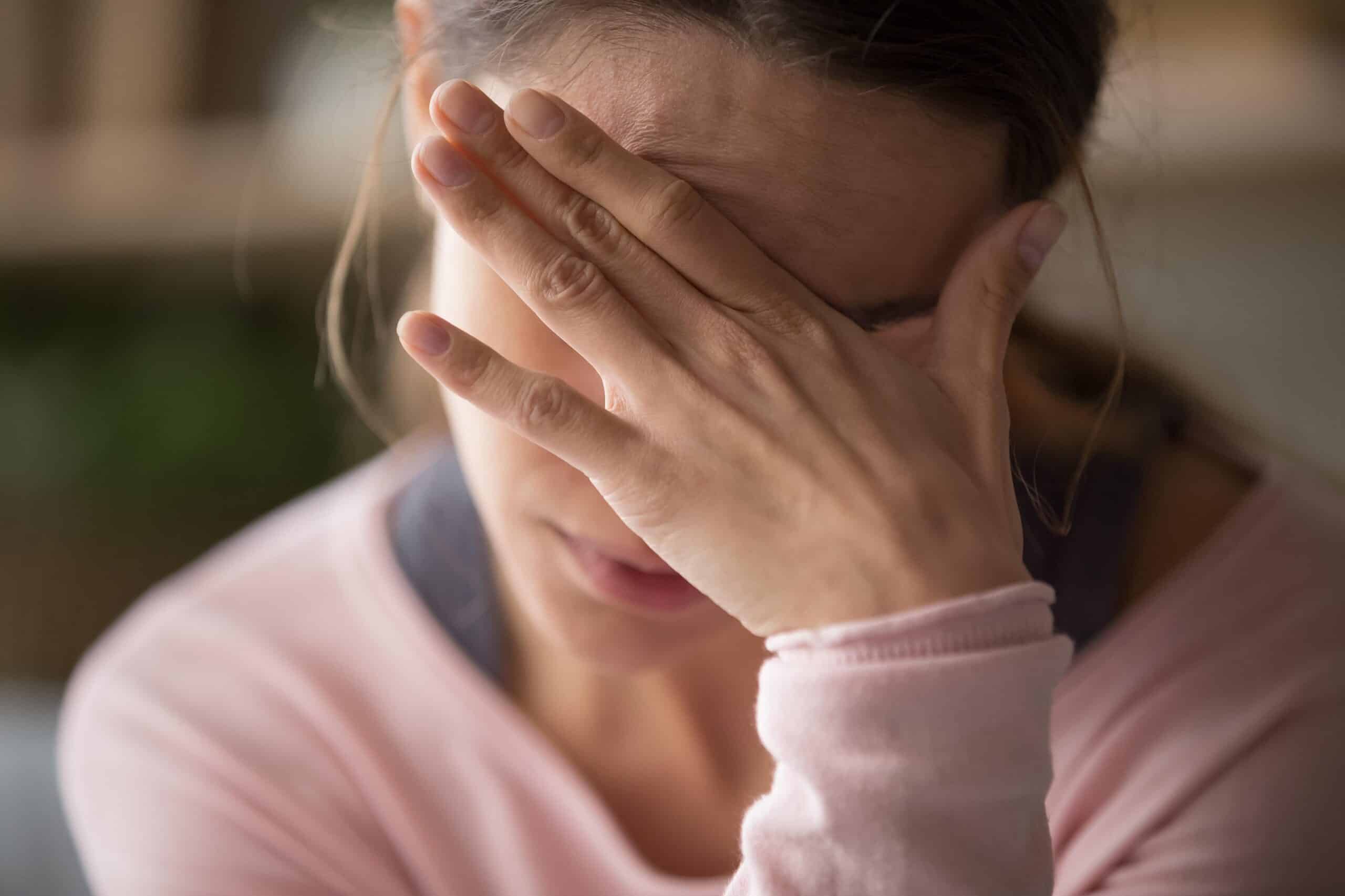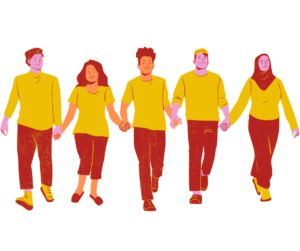While everyone experiences anxiety from time to time, it can become problematic when these feelings of anxiety start to interfere with activities of daily life. Anxiety, whether a temporary emotional response or a chronic disorder, can be improved naturally.
Anxiety is an adaptive emotion that happens when your body responds to threats. Your “fight or flight” response is triggered in reaction to real or perceived danger, which releases cortisol (the stress hormone) and creates the physical and psychological changes associated with anxiety. You may notice an increase in heart rate and breathing, sweating, tense or trembling muscles, and a state of extreme alertness.
All of these symptoms are helpful when helping you combat danger, but they can cause problems when anxiety is triggered when not in the presence of a foe to run from or defeat. These symptoms, when endured frequently, can take a significant physical and psychological toll on the sufferer.
Can anxiety be improved?
Yes, anxiety can be improved! There are many different ways that anxiety can be managed. Counseling, medication, and lifestyle changes can all be effective. Using two or more of these in conjunction can be even more effective. While counseling is the best way to get to the root of your anxiety, there are ways to improve anxiety on your own that can support your counseling practices.
How can I improve anxiety?
- Exercise
Research has shown that exercise can be as effective as medication for reducing feelings of anxiety and depression. 150 minutes per week of exercise can significantly improve symptoms of anxiety. A 50-minute workout done 3 times a week (or a 30-minute workout done 5 times per week) is a simple lifestyle change that can make a big difference in chronic anxiety. Vigorous exercise has been shown to be more effective, but even a low-impact workout, such as going for a walk, can be effective.
- Mindfulness Meditation
Mindfulness meditation has been shown to be effective for a variety of psychological and physical concerns. Anxiety is no exception to this. Meditating a few minutes each day can significantly improve symptoms of anxiety. There are many different ways to meditate, including guided meditations like the one found here. However, you can also do your own practice. A simple way of practicing mindfulness is by finding a quiet, comfortable place, closing your eyes, and counting each inhale and exhale.
- Limit Caffeine Intake
Caffeine is a stimulant, which means it can increase heart rate, cause jitteriness, raise blood pressure, and cause feelings of nervousness. All of these can worsen feelings of anxiety. Additionally, it can affect your ability to get a good night’s sleep. Lack of sleep can also increase anxiety and lead to a vicious cycle of caffeine use to stay awake the next day. Cutting out caffeine altogether or, at the very least, switching your morning coffee to tea can help improve feelings of anxiety.
If anxiety is interfering with your daily activities, there are many ways to improve your symptoms. Counseling has been proven to relieve symptoms of anxiety long-term. If you are ready to take a step towards a life without anxiety, you can schedule an appointment with us here.
We are happy to support you in taking steps towards living a life free from anxiety.

Peyton Davis
Peyton is a counseling intern accepting new clients in Virginia. Peyton has experience in dealing with anxiety, depression, trauma, low self-esteem, and LGBTQ+ concerns.











